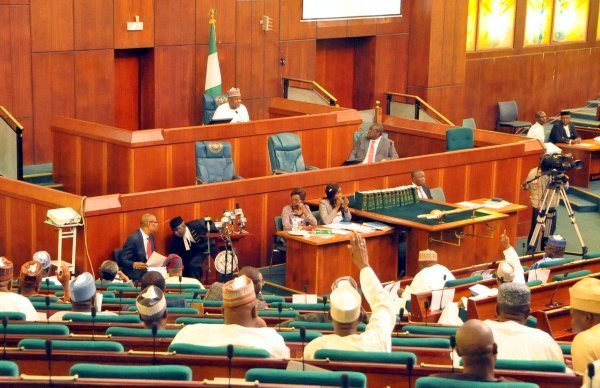On August 30, 2024, Plateau State Representative Daniel Ago expressed deep concerns over the slow progress of technological development policies in Nigeria, highlighting a growing sense of “fatigue” among government agencies responsible for their implementation. This statement was made during the closing ceremony of a free summer program focused on Science, Technology, Engineering, and Mathematics (STEM) education, organized by the Teen Ambassadors Foundation in Abuja.

Rep. Ago stated that while the country has effective policies in place, the real challenge lies in their execution. “There is fatigue in implementation; there are gaps and structural deficiencies that are hindering our policies from taking effect,” he explained. The Rep pointed to corruption as a significant obstacle to advancing technology in the country and emphasized the need for a shift in individuals’ mindsets to help achieve the Sustainable Development Goals (SDGs), particularly those aimed at enhancing teenage access to technology.
He stressed the importance of equipping young people with essential skills such as computer programming, artificial intelligence (AI), and robotics. “As technology continues to evolve, our children must be prepared with a solid background in computers to keep up with global advancements,” he said. Nigeria has a bright potential, as it is known for being home to many intelligent individuals, and it is vital to teach youth how to effectively use technology from a young age.
Adding to this discussion, Paul Adiwu, the Director-General of Teen Ambassadors, underscored the reliance of the modern world on technology. He assured that the foundation would support children in their technological quests, including offering scholarships for further studies in technology and software development.
At the recent program, over 40 children participated, exploring areas such as programming and AI. Nathaniel Erriom, a 13-year-old student from BrainSpark Academy, shared his excitement about learning how to create software and games: “I can now explore the AI world in my studies and stand confidently with my peers, no matter where I go.” Similarly, 11-year-old Edna Atiku from Shepard International College expressed her newfound knowledge about various technologies, mentioning that she was surprised to learn about Raspberry Pi and other tech tools she hadn’t encountered before.
This program aims to inspire young Nigerians and prepare them for an increasingly technology-driven future. By teaching them crucial skills early on, advocates hope to bridge the country’s educational gaps and prepare a generation poised for success in a global economy dependent on technology.
As Rep. Ago and others call for enhanced collaboration between the government and private sector to support initiatives like this, it becomes clear that ensuring better implementation of existing policies is vital. With the right support and education, Nigeria’s youth could not only adapt to technological changes but also position the country as a leader in innovation as it aims for sustainable development.
The ongoing discussions and initiatives highlight the growing recognition of technology’s crucial role in education and the overall development of Nigeria. As programs like those organized by Teen Ambassadors gain momentum, they represent a step towards empowering the next generation to thrive in the digital age.




